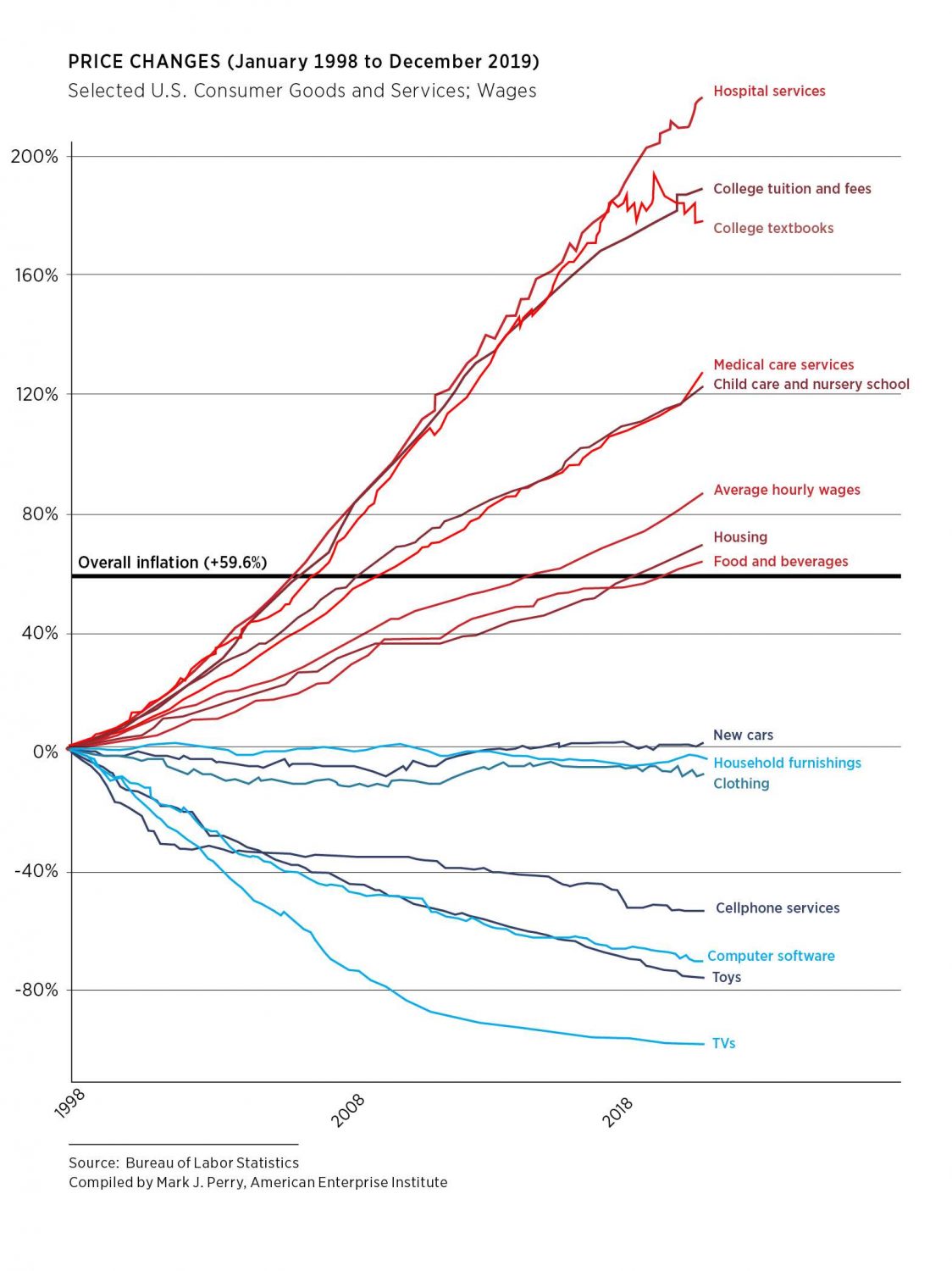It’s no secret that I expect a lot from the eCash project, but I’m guessing no one has a clue exactly how big those expectations really are. The truth is, up until recently, I wasn’t so sure myself. Because as much as I’ve always believed that eCash might one day change the world, I could never quite picture how.
In crypto, you often hear people talking about abolishing the fed, or separating money from the state. Crypto is also how I first learned about the concept of anarchism, or anarcho-capitalism, this idea that we can live, not in a world without rules, but in a world without rulers.
Over the years I’ve spent a lot of time wondering whether that’s even possible, let alone desirable, but for the first time eCash is finally allowing me see how it just might be feasible. I’m sure that for many people reading this, the idea of a stateless society is a foreign one. It was once the same for me. I kept asking myself who would pay to police the streets, or protect our private property, who would decide what laws needed to be made, and what roads needed to be built?
I couldn’t get past the fact that our governments perform many important functions today that are as necessary as they are inefficient. I worried that our society would likely fall into disarray if we suddenly abolished governments without having something better to take their place.
But there was also no denying that as much as they’ve accomplished across the decades and centuries, the governments of today leave much room for improvement. In addition to being inefficient, they can be incompetent, or downright corrupt. They frequently misalign incentives and impede progress, as illustrated in the chart below. It shows how government regulation is usually the source of the problem rather than the solution. Industries that are heavily regulated such as healthcare and education have seen their costs rise dramatically over the years, while prices have fallen in sectors that have little to no government intervention.

Why does this happen? It comes down to the economic calculation problem, the erroneous belief that an economy operates more efficiently if it is centrally planned rather than allowing the free market to prevail. History has shown us what can happen when power is centralized. Stalin’s Russia, and Mao’s China are but two examples. In comparison, places like Hong Kong and Singapore that are known to be economically free have seen their wealth and prosperity increase many times over.
A few years ago, I read The Machinery of Freedom by David Friedman, son of famed economist Milton Friedman. I remember when I was finished with the book, as intrigued as I was by his vision, I wasn’t quite convinced it would work. His ideas of relying on private enterprises to sustain a stateless society only seemed to be part of the solution. With that said, I can’t help but wonder what kind of book the younger Friedman would have written had there been a technology like eCash back then.
I believe eCash can pave the way for a new kind of society. By providing us with a technology where we don’t have to rely on a central authority to mint and control our money, we can have, for the first time in human history, a form of money that is simultaneously both a good store of value and medium of exchange. Money that can’t be censored because it doesn’t rely on any third-parties, and just as with cash, can be used peer-to-peer.
At the moment, few seem to recognize the real potential of this new technology. Perhaps because we’ve yet to properly demonstrate how this technology can work at scale. But that time might be coming to an end. The upcoming launch of Avalanche pre-consensus on the eCash network could finally result in giving us a version of Bitcoin that works better than even Satoshi himself probably ever dreamed of.
I have long thought that the ability for people to easily control their own money would change everything. The ability for every individual to go bankless would mean that for actual banks to survive, they would have to provide a service that people find valuable. I imagine a future where banks are no longer able to hide their mistakes, or their corruption, and the best banks are incentivized to provide the best service, rather than to take the most advantage.
I imagine a world abundant with new technologies. Our money will no longer lose value over time due to it being inflated away by useless bureaucrats. Instead, due to its fixed supply, our money will become more valuable as long as we are able to increase the amount of value in the world.
But there’s more. I don’t want eCash to only serve as the next evolution of money. As much as I think that separating money from the state alone will be a monumental shift in our society, I don’t think it will be enough on its own. We also need a new way to govern ourselves, a way to organize and collaborate without having to impede on anyone’s individual freedom. A way to support public goods that aren’t funded through coercion, but through consensus.
eCash makes this possible due to the new coinbase rule, aka the IFP. By allocating a portion of the block reward to fund development, the network has a built-in self funding mechanism that can fund worthy projects for the betterment of the entire ecosystem. A fund that is governed not by the masses, but voted on by those who can cryptographically prove they have skin in the game and a stake in the network.
I believe that Avalanche pre-consensus opens the door to all kinds of possibilities I couldn’t imagine before. Leveraging the newest Avalanche consensus algorithm, along with the same proof of work mechanism that has been at the heart of Bitcoin since Satoshi mined the genesis block, I can finally envision a future that’s abundant, voluntary, and permissionless.
We are still early. There is a long way to go before eCash can change the world, but for the first time, I feel as if I can see a new kind of future, one that’s never been imagined before.


